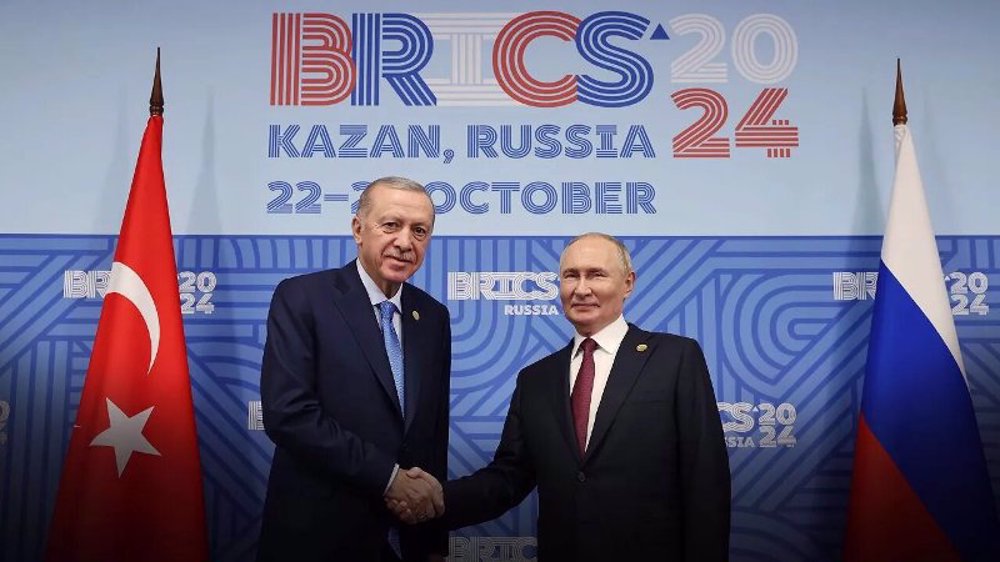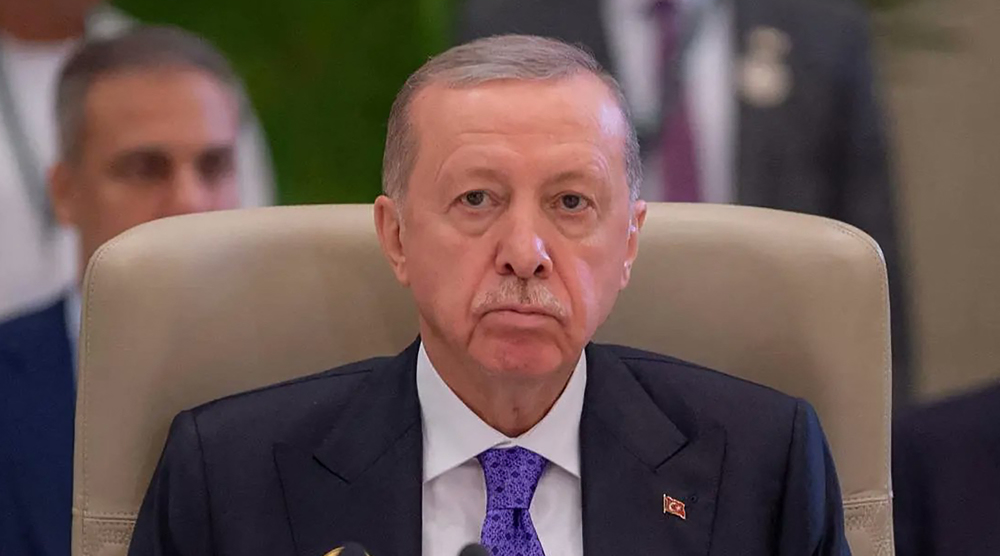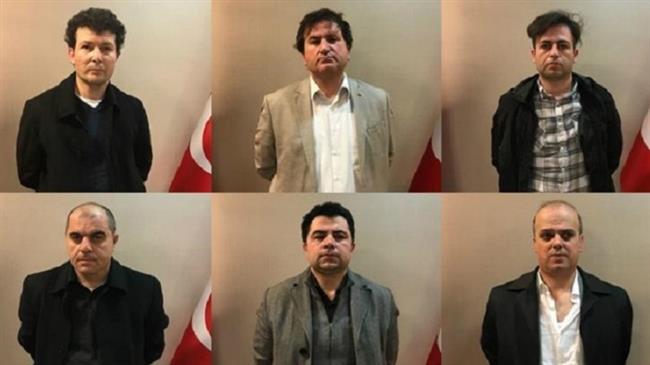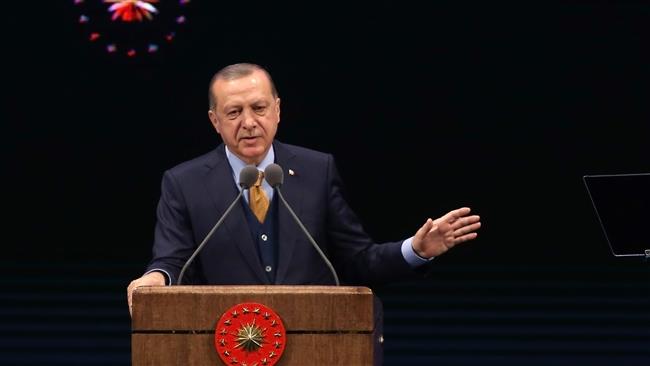Turkey orders arrest of Gulen, 7 others, over 2016 assassination of Russian envoy
Turkish judicial authorities has ordered the arrest of US-based cleric Fethullah Gulen and seven others within the context of the investigation of the 2016 assassination of the Russian ambassador to Ankara, a day before Russian President Vladimir Putin visits the Anatolian country.
The Russian ambassador, Andrei Karlov, was killed on December 19, 2016 during the opening of a photo exhibition at a gallery in the Turkish capital, Ankara. The assassin, off-duty policeman, Mevlut Mert Altintas, was later gunned down in an exchange of fire with security personnel at the scene.
According to Haberturk newspaper, the arrest warrants were issued on Monday for Gulen, 76, who is also blamed by Ankara as the alleged mastermind and orchestrator of the mid-July 2016 failed coup in the country, and seven members of his transnational religious and social outlawed Gulen movement, which has been labeled by the government as the so-called Fethullah Terrorist Organization (FETO).
Turkish President Recep Tayyip Erdogan has already said that Gulen was behind the assassination. The elderly cleric, who has lived in self-imposed exile in the US since 1999, however, has flatly denied the allegation as he has strongly rejected the charge of having a role in the attempted coup and condemned the putsch.
Haberturk said the authorities ordered the arrests of the eight as the assassination was purportedly carried out on their orders.
According to the Hurriyet newspaper, Turkish authorities have so far detained seven other suspects, including three policemen, in relation to the killing.
The Turkish government has so far submitted a total of at least seven requests to US officials concerning the extradition of Gulen, but Washington has refused to extradite the figure, arguing that it has not yet received any sufficient evidence, required by US courts, to hand over the cleric.
In response, Ankara has on several occasions threatened that it would revisit its ties with the US if Washington failed to extradite Gulen.
The Turkish government alleges that “FETO terrorists” are behind a long-running campaign to overthrow the state through the infiltration of Turkish institutions, particularly the military, police and judiciary.
Gulen has already called on Ankara to end its “witch hunt” of his followers, a move he says is aimed at “weeding out anyone it deems disloyal to President Erdogan and his regime.”
Turkey, which remains in a state of emergency since the coup, has been engaged in suppressing the media and opposition groups suspected to have played a role in the failed coup.
Tens of thousands of people have been arrested in Turkey on suspicion of having links to Gulen and the failed coup. More than 110,000 others, including military staff, civil servants and journalists have been sacked or suspended from work over the same accusations.
The international community and rights groups have been highly critical of the Turkish president over the massive dismissals and the crackdown.
President Putin arrives on a two-day visit on Tuesday and will meet with Erdogan and Iranian President Hassan Rouhani. Moscow, Ankara and Tehran are the guarantors of the Astana peace talks that have set up “de-escalation” zones across war-torn Syria.
VIDEO | IAEA adopts anti-Iran resolution tabled by E3
VIDEO | Iran's president urges Pope to help end Israel's onslaught in Gaza
Iran's senior legal official: ICC arrest warrants for Netanyahu ‘great victory'
Nov. 21: ‘Axis of Resistance’ operations against Israeli occupation
VIDEO | Israeli forces storm West Bank’s Jenin again, target civilians
Iran activates advanced centrifuges after IAEA's 'unjust' resolution
VIDEO | Press TV's news headlines
Iran FM: Response to Israeli aggression 'inevitable'















 This makes it easy to access the Press TV website
This makes it easy to access the Press TV website